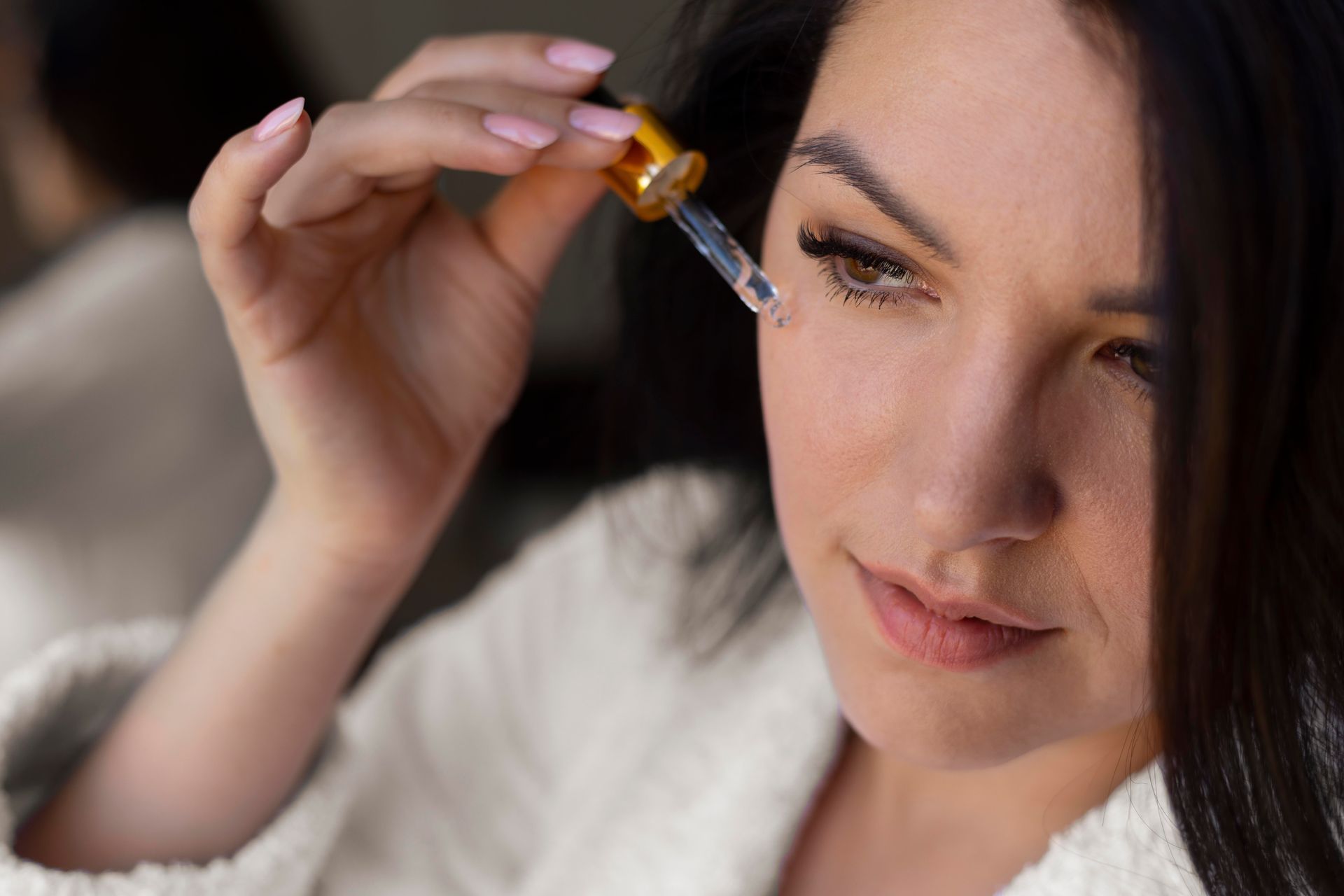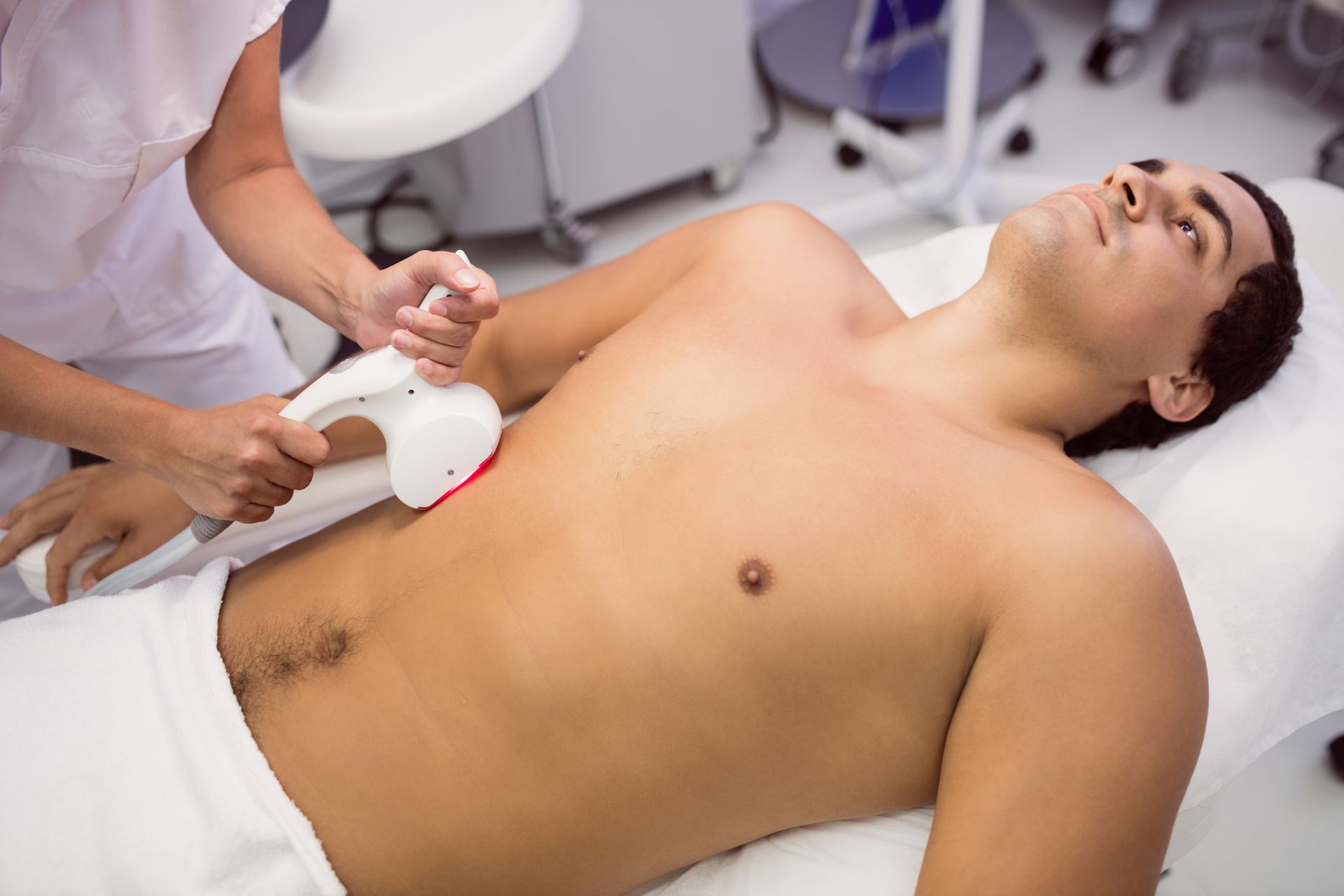Does Brazilian Laser Hair Removal Cause Infertility?
Brazilian laser hair removal has become one of the most popular grooming treatments among people of all genders. With its promise of smooth, hair-free skin in intimate areas, it’s no surprise that more and more individuals are ditching waxing and razors in favor of this long-term solution.
But along with the rise in popularity, a sensitive and often worrying question has surfaced:
Does Brazilian laser hair removal cause infertility?
This blog explores that concern with a gentle, honest, and science-backed approach. We’ll walk you through how Brazilian laser hair removal works, what areas are treated, common myths about fertility, potential risks, and how experts—like those at Huggie Beauty—ensure safety with every session.
Let’s clear up the confusion, once and for all.
First, What Is Brazilian Laser Hair Removal?
Brazilian laser hair removal involves the use of laser technology to remove unwanted hair from the pubic area, including the front, labia or scrotum, and perianal region. You can choose to leave a strip, triangle, or go completely bare—it's entirely up to personal preference.
The procedure is praised for being long-lasting, reducing ingrown hairs, and making intimate hygiene easier. It’s suitable for all genders and is especially popular among people who are tired of shaving, waxing, or dealing with irritation in sensitive areas.
What to Expect After Brazilian Laser Hair Removal?
How Does It Work?
Laser hair removal uses concentrated light (typically diode or Alexandrite lasers) to target melanin (the pigment) in the hair follicles. The light is absorbed by the pigment, generating heat, which damages the follicle and inhibits future hair growth.
Here’s what’s crucial to understand:
The laser penetrates only the skin’s surface and targets hair follicles—not internal organs.
This means that reproductive organs like ovaries, uterus, testicles, or the womb are not affected, as the laser doesn’t go anywhere near them in terms of depth.
The Big Question: Does Brazilian Laser Hair Removal Cause Infertility?
No—Brazilian laser hair removal does NOT cause infertility.
There is no clinical evidence to support the idea that laser hair removal, even in the Brazilian or bikini area, leads to infertility in men or women. The technology is FDA-approved for use on sensitive areas and has been used safely for decades around the world.
Reproductive organs are located far beneath the layers of skin that the laser can reach. The laser energy doesn’t go beyond the surface of the skin, which makes it impossible to affect deeper structures like ovaries or testicles.
How Long Does Brazilian Laser Hair Removal Last?
Where Did the Infertility Rumor Come From?
Like many health myths, this one likely emerged from a combination of fear, misinformation, and misunderstanding of how laser technology works.
Because Brazilian laser hair removal involves intimate parts of the body, people naturally become cautious. And that’s a good thing—being cautious is smart. But in this case, there’s no science that supports the idea that lasers cause infertility.
According to professionals at Huggie Beauty, clients frequently ask this question during consultations. Their trained staff is always ready to explain the science clearly, offering reassurance and transparency about how safe the procedure is when done correctly.
Are There Any Risks Involved?
Laser hair removal, like any cosmetic procedure, comes with a few minor and short-term risks—but infertility is not one of them.
- Some potential side effects include:
- Redness or irritation in the treated area (usually temporary)
- Swelling or sensitivity, which subsides within hours or days
Pigmentation changes (more common in darker skin tones if the wrong type of laser is used)
Burns or blisters, though rare, can happen if performed by inexperienced technicians
All of these are skin-related reactions, not internal issues. That’s why choosing a reputable clinic like Huggie Beauty—which uses top-tier, FDA-cleared equipment and certified professionals—is so essential to ensuring a safe and positive experience.
Can It Affect Hormones or Menstrual Cycles?
Another common concern is whether laser hair removal in the Brazilian area can disrupt hormones or menstrual cycles.
Again, the answer is no. Laser hair removal has no effect on hormonal balance or endocrine function. It doesn’t enter the bloodstream or interact with hormone-producing glands.
If you notice hormonal changes after a treatment, it’s likely due to underlying health issues or natural body rhythms, not the laser itself.
Safety Tips: How to Protect Your Skin and Peace of Mind
If you're still a little hesitant (and that's totally normal!), here are some practical steps you can take to ensure your treatment is both effective and safe:
- Choose a licensed and certified technician.
Clinics like Huggie Beauty provide expert care tailored to your skin and hair type, using the correct laser settings to minimize side effects. - Disclose your full medical history.
If you’re pregnant, trying to conceive, or on hormone medication, always let your technician know. While laser hair removal is generally safe, your provider may adjust timing or treatment plans for extra precaution. - Avoid sun exposure and harsh skincare products before and after treatment to reduce the risk of burns or irritation.
- Stick to the recommended treatment schedule to get the best, safest results with the fewest side effects.
What If You’re Trying to Conceive or Are Pregnant?
Laser hair removal is not known to interfere with fertility. However, many clinics, including Huggie Beauty, recommend postponing treatment during pregnancy purely as a precaution—not because the laser harms fertility, but because pregnancy alters skin sensitivity and hormonal patterns, making side effects slightly more unpredictable.
If you're trying to conceive, it's generally safe to proceed with Brazilian laser hair removal. But it’s always a good idea to discuss your plans with your technician so they can personalize your care and offer added reassurance.
Brazilian Laser Hair Removal Is Safe—And Not a Threat to Fertility
Let’s be clear: there’s no medical evidence that Brazilian laser hair removal causes infertility.
It doesn’t damage internal organs, alter your hormones, or affect your reproductive health. The laser energy only targets hair follicles within the skin, and when performed by trained professionals using proper equipment, it’s one of the safest cosmetic treatments available.
Whether you're looking for hygiene, aesthetic improvements, or freedom from constant maintenance, Brazilian laser hair removal is a personal choice—and one that comes with peace of mind when done right.










